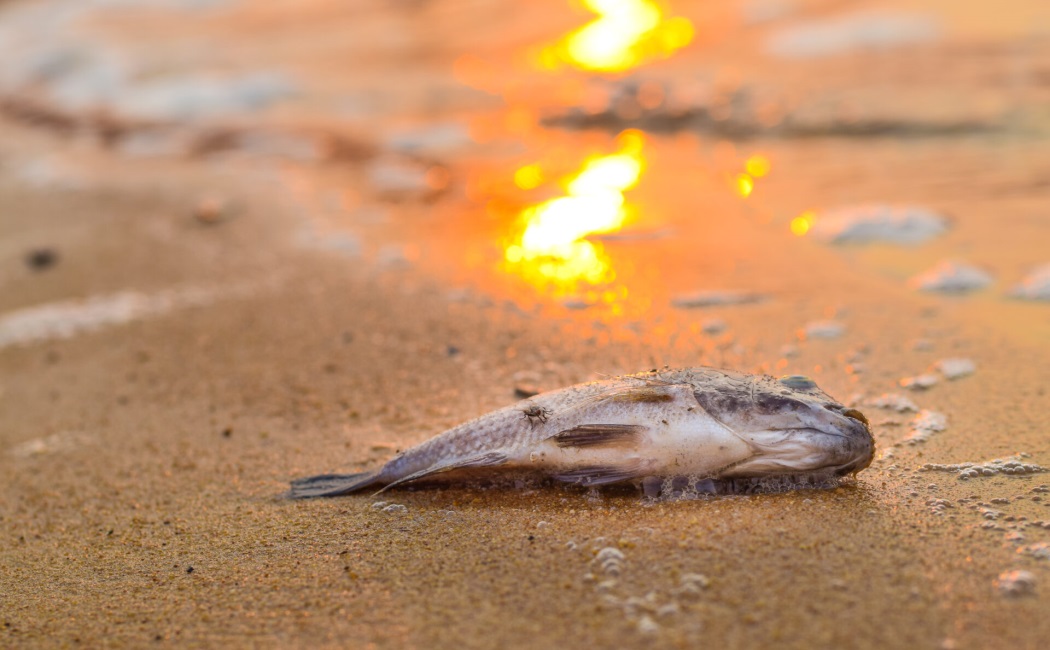


26 May, 2025
In August 2023, a severe marine heatwave along the Saudi Arabian coast of the central Red Sea coincided with a mass die-off of fish, prompting an investigation by KAUST researchers. Nearly 1,000 dead fish, representing at least 54 species, were found washed ashore along a 60-kilometer stretch of coastline, though the actual number was likely much higher. Satellite data revealed that sea surface temperatures in the region had spiked well above normal levels, placing extreme physiological stress on marine life. This heatwave is part of a broader trend of rising ocean temperatures due to climate change, which is increasingly threatening marine ecosystems and biodiversity.
The affected area experienced not only extreme heat but also rapid daily temperature fluctuations, further stressing fish populations. Higher water temperatures reduce oxygen availability and increase the energy demands of marine organisms, making survival difficult. Although no algal blooms were detected, extensive coral bleaching was observed, confirming the severity of the thermal stress. The researchers are now collaborating with the Saudi National Center for Wildlife to incorporate fish mortality events into a broader marine monitoring network. These efforts aim to improve early warning systems and support mitigation strategies as the Red Sea faces mounting pressure from climate-driven changes.
🔗 Read more on KAUST Discovery